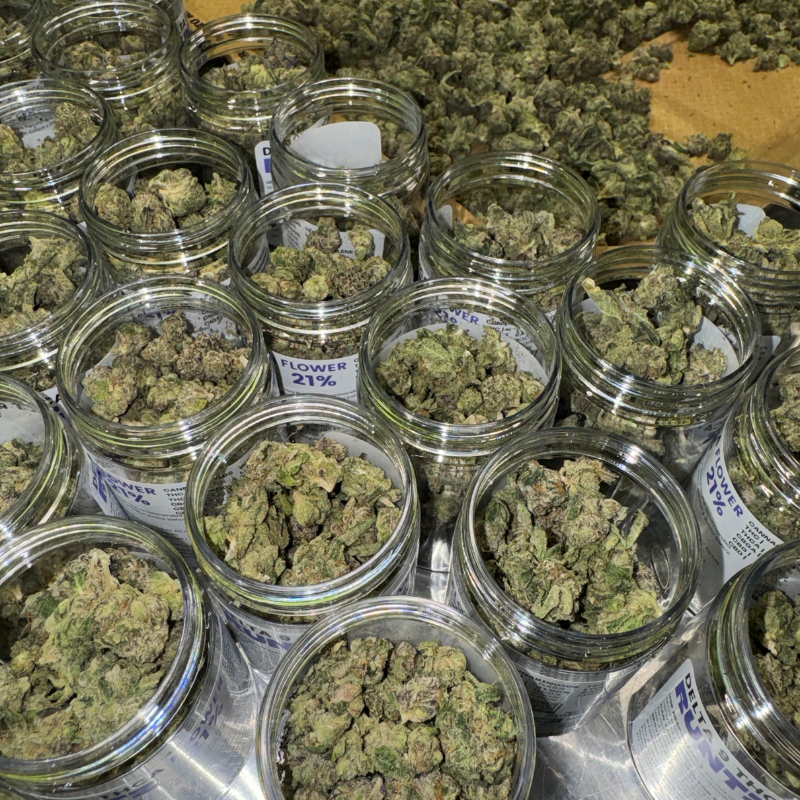Delta 8 flower represents a novel frontier in the wellness industry, blending the therapeutic benefits of cannabinoids with the natural appeal of traditional flower products. This innovation is derived from the hemp plant, specifically focusing on the delta 8 tetrahydrocannabinol THC compound. Unlike its more commonly known counterpart, delta 9 THC, delta 8 offers a milder psychoactive effect. This makes it an attractive option for those seeking a balanced experience—one that allows for relaxation and potential relief without the intense high often associated with other THC products. This unique property of delta 8 has spurred increased interest among consumers looking to incorporate cannabinoids into their daily wellness routines in a more manageable and nuanced way. The versatility of Delta 8 flower lies in its adaptability to various consumption methods. It can be smoked, vape, or used as an ingredient in edibles, providing consumers with multiple options to integrate it into their lifestyle. Smoking and vaping offer fast-acting relief, which is ideal for immediate stress relief or pain management.

Meanwhile, incorporating delta 8 into edibles allows users to experience its effects over a longer period, promoting a sustained sense of calm. This flexibility makes it accessible to a broad audience, from those who are new to cannabinoids to seasoned users looking for a different experience. The choice of method also allows for a customized approach to achieving specific wellness goals, whether it is improving sleep quality, reducing anxiety, or simply enhancing mood. Delta 8 flower’s appeal extends beyond its psychoactive effects to its potential therapeutic benefits. Research suggests that delta 8 THC may offer anti-nausea, anti-anxiety, and anti-inflammatory properties. This makes it a valuable tool for those looking for natural alternatives to manage chronic pain, stress, and discomfort. By interacting with the body’s endocannabinoid system, delta 8 can potentially support a variety of bodily functions, helping to maintain balance and homeostasis.
This makes it particularly useful for those with conditions such as arthritis, chronic pain syndromes, or anxiety disorders. The scientific community continues to explore the full spectrum of benefits that delta 8 may offer, and as research progresses, more is being understood about how it can be effectively used for wellness purposes. In terms of accessibility, Delta 8 flower offers an alternative that does not carry the stigma often associated with other THC products. This is partly due to its milder effects, which are less likely to impair cognitive functions or cause severe psychoactive reactions. It also allows users to experience the potential therapeutic benefits of best delta 8 flower cannabis without the high, making it more approachable for individuals who might be hesitant to try other THC products. This opens up a new demographic of users—people who are looking for relief but are concerned about the potential for strong psychoactive effects. As the market for cannabinoids continues to grow, delta 8 flower is likely to be an appealing option for those looking to experiment with cannabis in a more subtle and controlled way.

